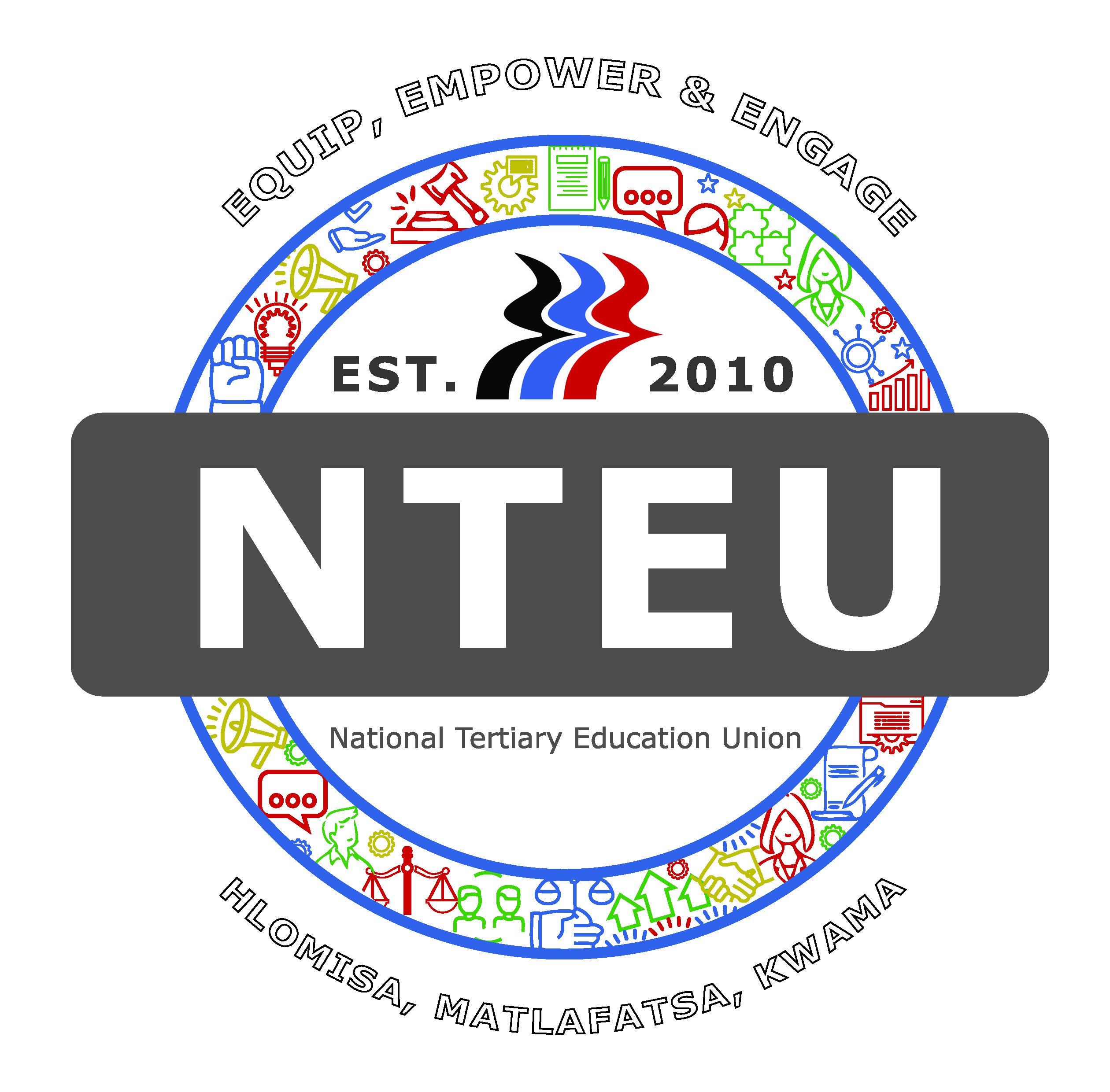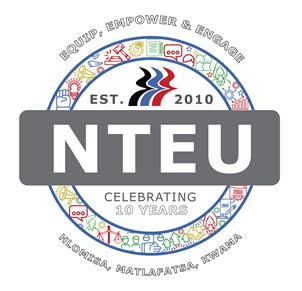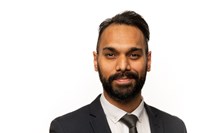

16 June 1976 – a day when policing went so wrong it became immortalised in our country’s history. The protest was planned to be peaceful – an attempt to reason with the government imposing Afrikaans as a compulsory language in schools. As the police arrived things got out of control and hundreds were killed as a result. These officers had a specific understanding of what it meant to police a nation.
The years following tell how little progress we’ve made towards meaningful conversations on our expectations and understanding of policing. Arguably the most amazing result from the #blacklivesmatter and #georgefloyd protests may be reopening the discussion on policing and law enforcement. In 2020, and going forward, is this what policing should be? If not, then what do we expect from law enforcement? We may just someday be in a situation where we are desperately gasping to have these expectations met. Citizen or cop we need to have this conversation. Let’s answer these questions now before we are forced to save another date on the calendar in memory of a slaughter.
The most famous victim of the 1976 uprising, Hector Pieterson, claimed to be killed by a ricocheting bullet, was killed by a shot fired directly at him. He was 12. The first child to be shot, according to police records, was Hastings Ndlovu, age 15, and many more followed. This was a stand made by youth and children to shape an environment in which we can express our opinions. They did so under an Apartheid government way of life - a time when this country had a specific understanding of what it meant to police a nation.
In present day we must confront the warped reality that military members were involved in the killing of Collins Khosa. We are puzzled as to why the police officers present were transformed into onlookers whilst a South African citizen was bludgeoned to death. It’s clear to us that the military wasn’t trained on how to police their fellow citizens. The police officers who didn’t intervene also did not seem to grasp their responsibility to protect his life. We now see an enraged South Africa to a government who’s only substantive response to this nightmare scenario has been an update to their code of conduct. In response we’re demanding justice for Khosa and almost a dozen similar killings during lockdown. And we do this because, let’s face it, we have a specific understanding of what it means to police a nation.
Ask yourself today, what is policing? And, what should it be? What should law enforcement look like in a free and open society? What if you or someone close to you find themselves at the wrong end of the policing stick and at which point should your personal safety take the backseat in a crisis? What kind of policing would stop the gruesome gender-based attacks on our wives, daughters and sisters? Where do we even start?
We inherited our current policing philosophy and it is our turn to take ownership and run with it – to make the changes where necessary. Look up what the SAPS and SANDF codes of conducts are; promote that ILO Convention 190, aimed at shaping a world free of violence and harassment, be accepted into South African law; submit letters and policies to parliament on how law enforcement can better serve our people. Grab hold of this age of engagement! Make your voice heard to what makes you feel safe and served. Make your concerns known to what threatens your rights. Youth of South Africa, you belong in this conversation. Stand on the liberties paid for with young lives not unlike your own. And though it is impossible to honour them all we can memorialize them by entering the conversation.
So, what is your understanding of what it means to police a nation?
J Nel
NTEU NMO
Also serving as,
FEDUSA VC For Development


